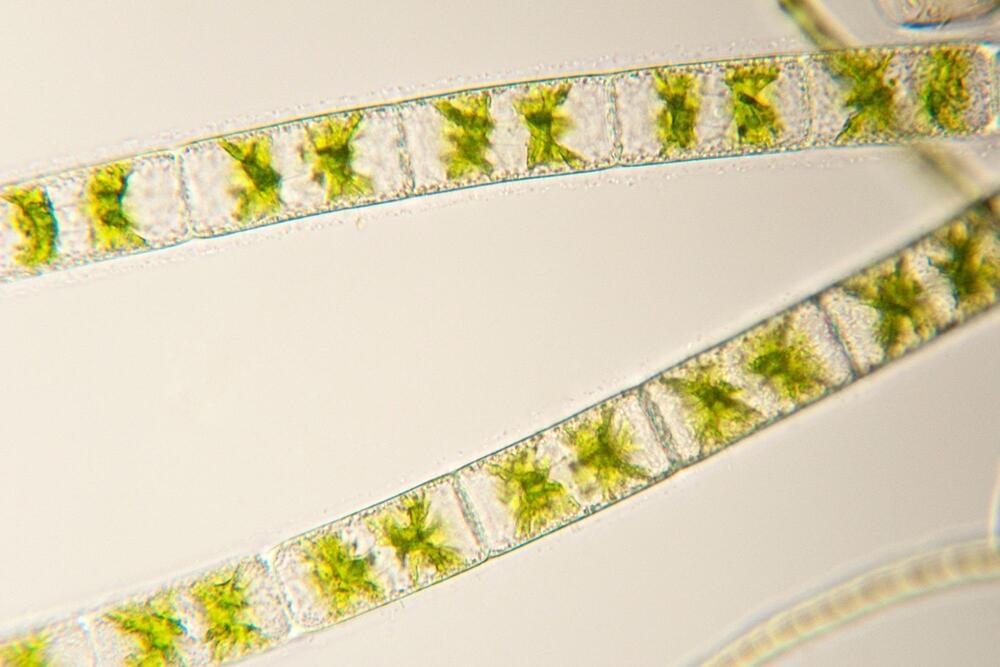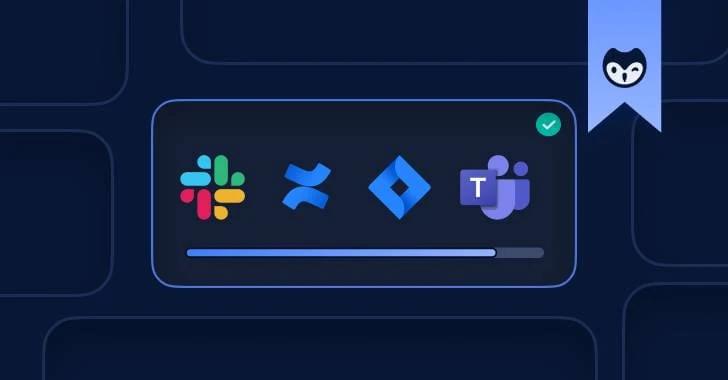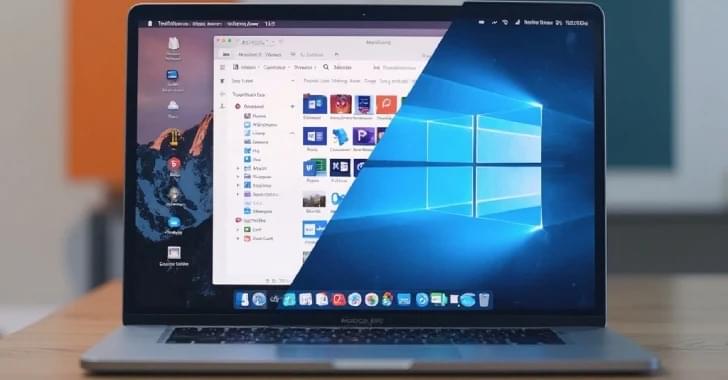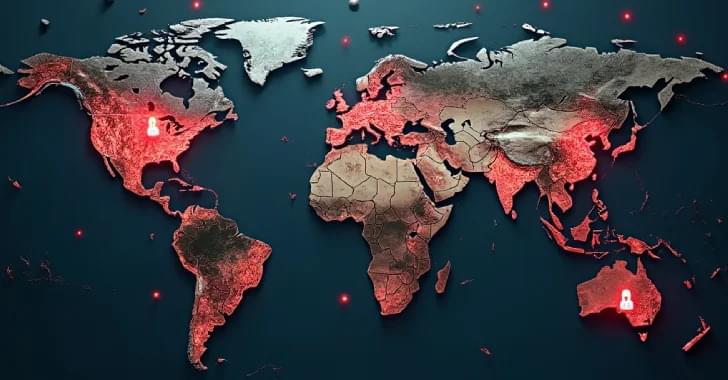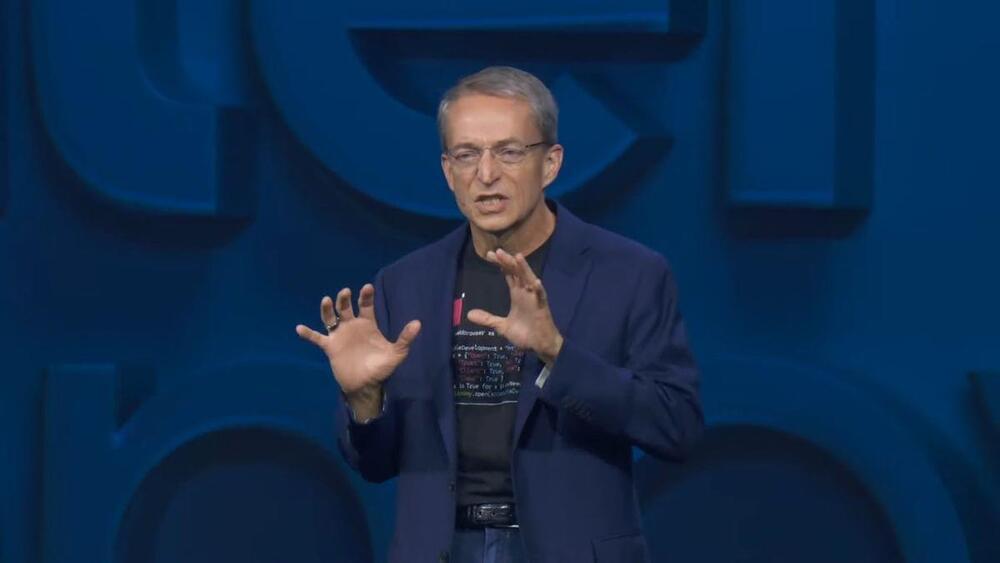Researchers at The University of Texas MD Anderson Cancer Center have shown that therapeutically restoring ‘youthful’ levels of a specific subunit of the telomerase enzyme can significantly reduce the signs and symptoms of aging in preclinical models. If these findings are validated in clinical trials, they could have important therapeutic implications for age-related diseases such as Alzheimer’s, Parkinson’s, heart disease, and cancer.
The study, published in Cell, identified a small molecule compound that restores physiological levels of telomerase reverse transcriptase (TERT), which normally is repressed with the onset of aging. Maintenance of TERT levels in aged lab models reduced cellular senescence and tissue inflammation, spurred new neuron formation with improved memory, and enhanced neuromuscular function, which increased strength and coordination.
The researchers show that TERT functions not only to extend telomeres, but also acts as a transcription factor to affect the expression of many genes directing neurogenesis, learning and memory, cellular senescence, and inflammation.

